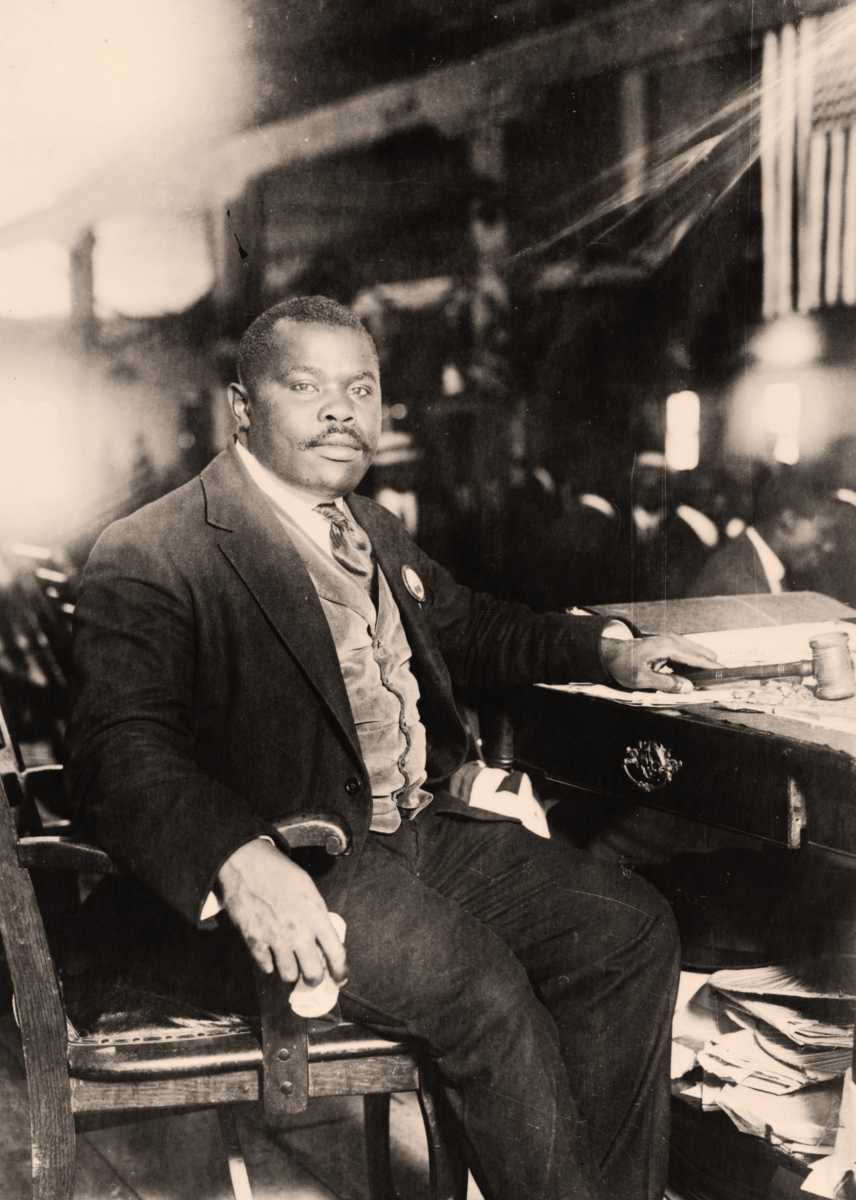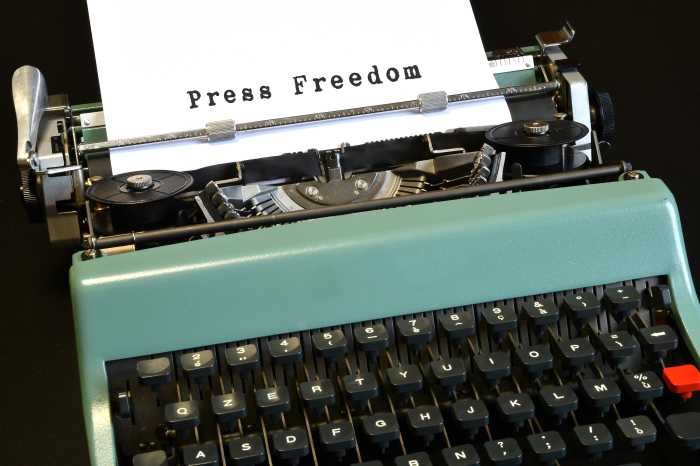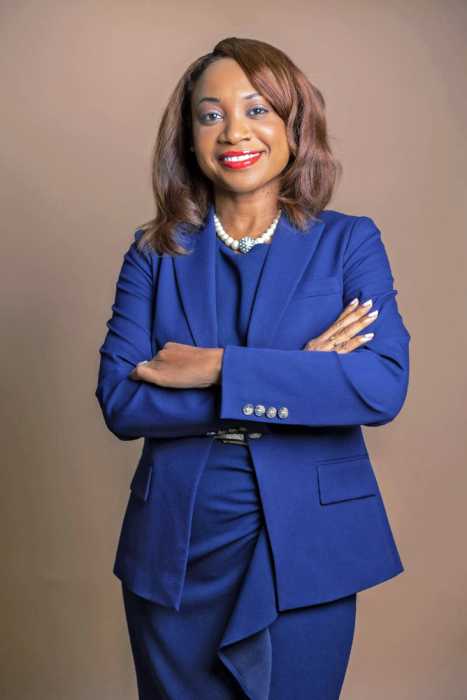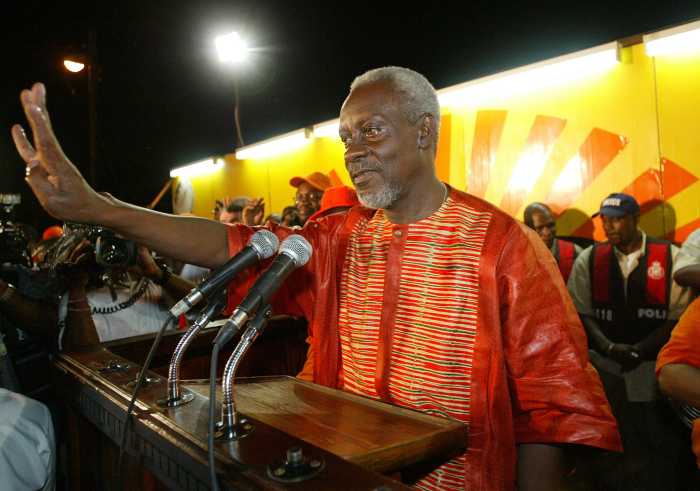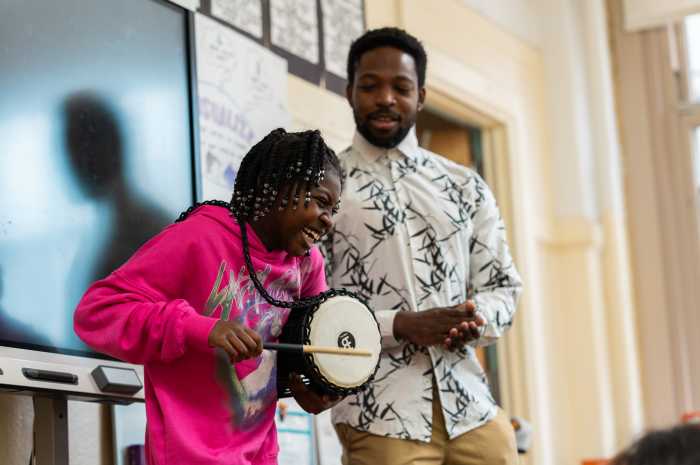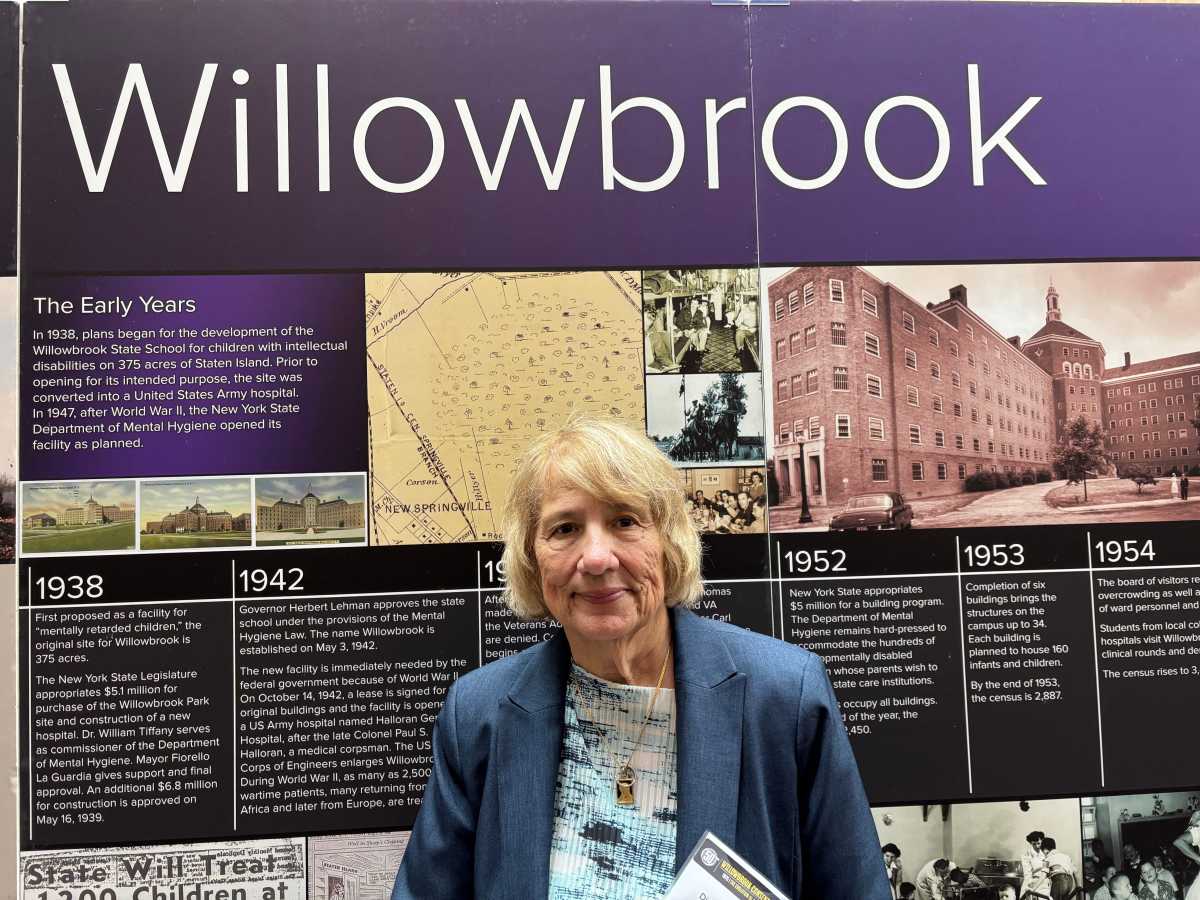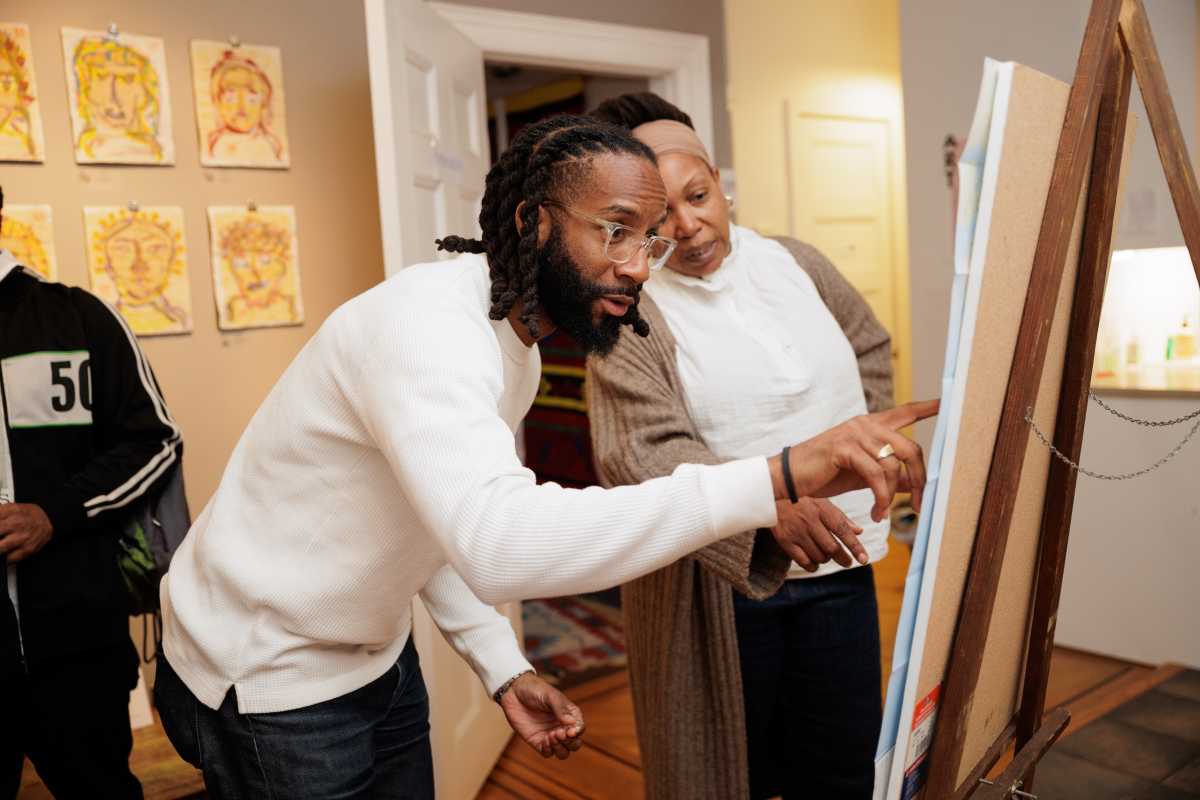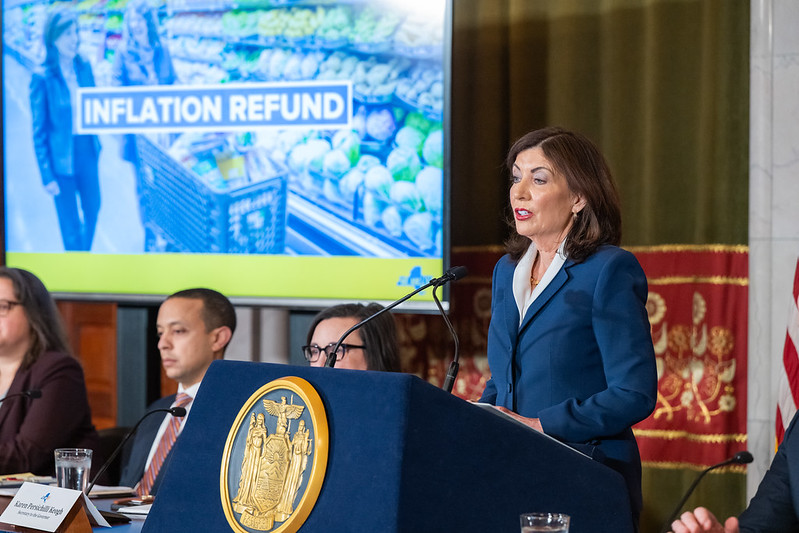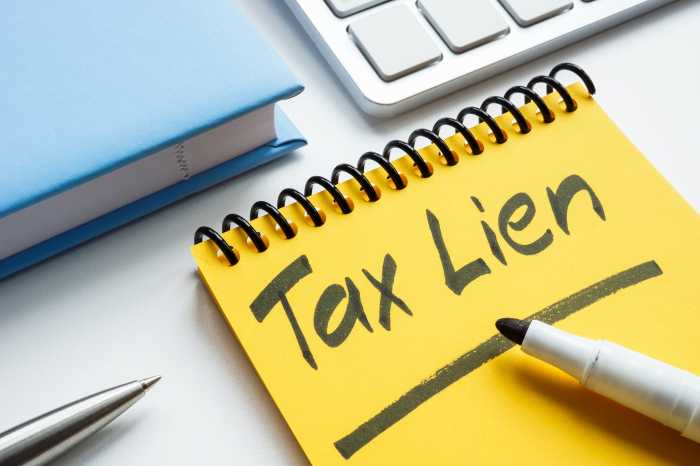President Joe Biden announced an ’11th hour’ posthumous pardon of Jamaican and Pan-Africanist Marcus Mosiah Garvey after decades of efforts by Caribbean and American activists to clear the name.
The announcement was hailed as a highly progressive move in Jamaica as hopes had been high that Democratic President Biden would have acquiesced and would have granted the pardon, easing decades of anger in large parts of the African American and Caribbean communities over his treatment by federal and state officials in the 1920s.
At the height of his influence for justice for Blacks in the US, he was slapped with trumped-up mail fraud charges, convicted under highly controversial circumstances, and sentenced to five years in jail in a blatant act designed to kill off his effectiveness.
Some historians have credited him with being the man who influenced and later produced many Afro leaders like Malcolm X and Martin Luther King, who followed after Garvey. He died in 1940 in England. He was deported back to Jamaica after then-President Calvin Coolidge had commuted his sentence. His remains were brought back home in 1964 from England and were interred in National Heroes Park. He was also handed the island’s highest national award.
Hailing the pardon on Sunday, the main opposition People’s National Party (PNP) said that the “exoneration corrects a grave historical miscarriage of justice that resulted from an illegal, intelligence-led operation designed to disable the influential 19th century Pan Africanist Movement the Universal Negro Improvement Association (UNIA), that had captured the imagination of hundreds of thousands of people of African descent.”
The party said it was pleased that Biden had acknowledged the profound impact that Garvey, a Jamaican national hero, had had on shaping the narratives of freedom, equality, and justice in the US and elsewhere. “Garvey’s principles of unity and self-determination served to solidify and embolden the mandate of social justice movements in Africa and its diaspora and will also encourage a new generation of Pan Africanist advocates to assume a mantle of leadership with a renewed sense of purpose. The decision is a call to action to African peoples to advance the agenda that Mr. Garvey was promoting over a century ago. It is a vindication of the principles for which Garvey stood,” the party stated.
Activists say that Garvey’s 11th-hour pardon came as no surprise given the sustained pressure that some members of the Congressional Black Caucus and other advocates had placed on successive American presidents, not the least of which was Biden.
U.S. Rep. Yvette D. Clarke of New York led the lobbying for a posthumous pardon, perhaps because of her Jamaican roots and the need to correct a nasty historical injustice.
The caucus had written Biden recently, reminding him of its request and the racial and other circumstances linked to his arrest, conviction, and incarceration.
“Exactly 101 years ago, Garvey was convicted of mail fraud in a case that was marred by prosecutorial and governmental misconduct. The evidence paints an abundantly clear narrative that the charges against Mr. Garvey were not only fabricated but also targeted to criminalize, discredit, and silence him as a civil rights leader. In response to this blatant injustice, President Coolidge commuted Garvey’s sentence upon eligibility. Efforts to clear Garvey’s name have persisted for decades,” it stated.
Garvey had lived in several hemispheric nations, including Costa Rica, where, up to recently, a thriving and very active branch of the UNIA had been functioning thanks to the descendants of Afro-Caribbean males who had gone there to work on projects decades ago. He also established a UNIA branch in Harlem, New York, as early as 1916, when he advocated for economic independence for Blacks. The PNP party said his contribution was universal.
“Marcus Garvey, a visionary and an extraordinary Pan-Africanist, played a pivotal role in advocating for the empowerment and upliftment of African peoples globally. A Jamaican by birth, Garvey’s influence transcended borders, inspiring countless individuals to take pride in their heritage, reclaim their identity, and strive for the liberation of their peoples. His ideas resonate today, calling us to action and urging us to recognize our shared responsibility towards one another. Let us continue to draw inspiration from his life and work, pushing forward with strength and unity as we strive for a brighter, more just future for all. The willingness to right historical wrongs not only restores honor to Marcus Garvey but also paves the way for future dialogues on race, equality, and justice. Let us honor this legacy by working together towards a more equitable and inclusive world.”


